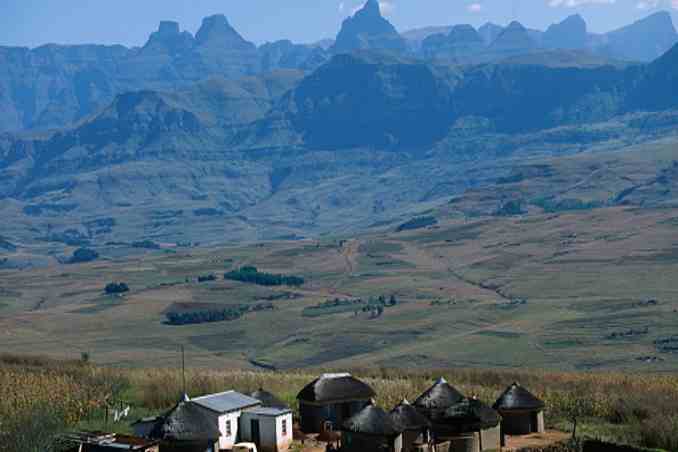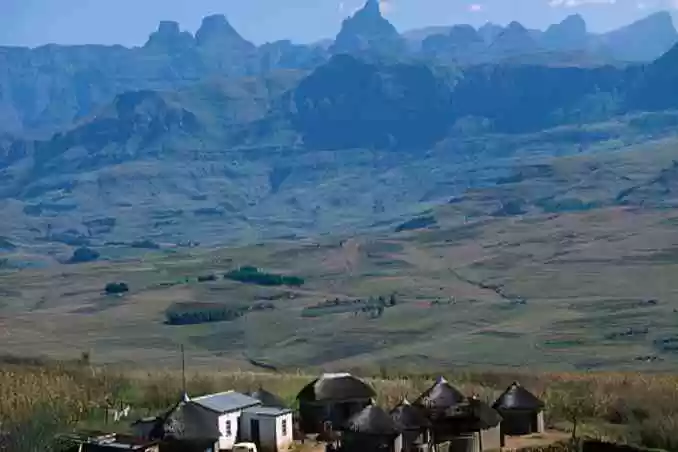

Last updated on September 11th, 2021 at 07:57 am
In a landmark judgment a South African high court, the verdict is out stating in the favour of the people who are living in the province of KwaZulu-Natal, notionally held in trust by the Ingonyama (king) of the Zulu people, are the “true and beneficial owners” of that land.
It is clear that the alleged Ingonyama Trust Board is not the real owner of this land. It, therefore, cannot convert the customary land rights of occupiers to rent-paying leases as it has been doing. Rather the trust is only a notional owner of this land. It is mandated to administer the land ‘for the benefit, material welfare and social well-being’ of members of the affected rural communities. This land amounts to 2.8 million hectares, which is about one-third of the whole of the province.
The Ingonyama Trust Board was founded by the apartheid government in 1994 and is widely believed to have been a sop for the Inkatha Freedom Party to participate in that election, which it was threatening to boycott.
READMORE: South Africa to get WHO’s mRNA Covid-19 vaccine hub
The court also revealed that the minister who was in charge of land reform has breached her duty to respect, protect and promote these informal land rights. And she is charged as the one being responsible for overseeing the operations of the Trust and ensuring that the land rights of communities are not infringed upon.
Having massive implication for the land reform policy, the legislation is yet to be delivered which will outline land rights of people in the communal areas. The fact that the legislation required by the Constitution is still absent, after 27 years of freedom, is a major blemish on the record of the governing African National Congress.
Also, this judgment also sheds light on the marginal role of parliament in overseeing land affairs, the lack of transparency and accountability of bodies such as land trusts, and the absence of state capacity to deal with questions of land administration. It brings everyone to talk about the lack of interest by successive ministers in curtailing the self-interested actions of rural elites.
Africa is taking big steps by entering the global green technology manufacturing market to stop being just a supplier of…
Two mobile telecom leaders, MTN Group and Airtel Africa, joined forces to create a new digital infrastructure system throughout African…
South African President Cyril Ramaphosa defended his nation against claims of white discrimination made by tech magnate Elon Musk. After…
Hilton launched Signia by Hilton for its first appearance in Egypt and Africa through its hotel expansions. These hotels at…
UNICEF reported that, nearly 2900 people died of cholera across Eastern and Southern African countries while children suffer most greatly…
Enza, based in the United Arab Emirates, obtained $6.75 million in initial investment funding from Algebra Ventures and Quona Capital.…
This website uses cookies.